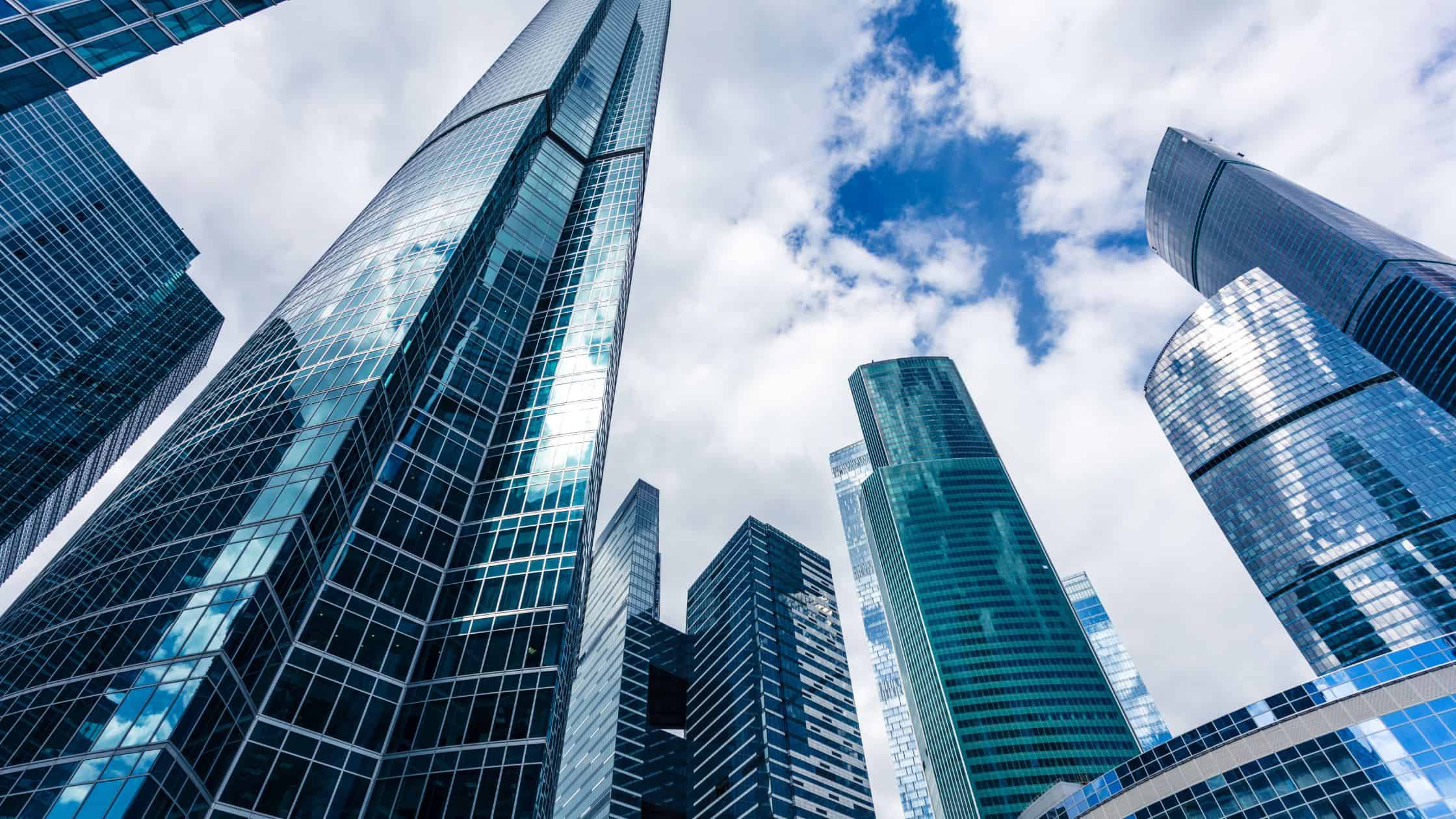Commercial real estate is an important sector that drives economic growth and development in many countries around the world. In recent years, the sector has undergone significant changes, driven by technological advancements, changing market dynamics, and the impact of the COVID-19 pandemic.
Here are some of the top commercial real estate trends, along with relevant statistics and references:
1. Rise of E-commerce and Logistics Facilities
The rise of e-commerce has led to a surge in demand for logistics facilities such as warehouses, distribution centers, and fulfillment centers.
| According to a report by CBRE, the global demand for logistics facilities is expected to reach 430 million square meters by 2023. India’s warehousing sector alone is expected to attract investments worth $10 billion by 2023, according to a report by KPMG. |
2. Growing Popularity of Co-working Spaces
Co-working spaces have become increasingly popular in recent years, providing flexible and affordable workspace options for small businesses, freelancers, and entrepreneurs.
| According to a report by JLL, the global co-working market is expected to reach 40 million square meters by 2024. In India, the co-working sector is expected to grow at a CAGR of 13.5% between 2021 and 2025, according to a report by Knight Frank. |
3. Adoption of PropTech and Smart Building Solutions
The adoption of PropTech and smart building solutions has transformed the commercial real estate sector, with the use of IoT, AI, and other technologies to improve building performance and energy efficiency.
| According to a report by MarketsandMarkets, the global smart building market is expected to reach $105.8 billion by 2025. |
4. Increased Focus on Sustainability and Green Buildings
Sustainability has become a key focus area for commercial real estate, with developers and tenants increasingly looking for green buildings that reduce energy consumption and promote sustainability.
| According to a report by JLL, green building certifications have increased by 14% globally since 2018, with India being one of the top countries for LEED-certified buildings |
5. Impact of the COVID-19 Pandemic on the Sector
The COVID-19 pandemic has had a significant impact on the commercial real estate sector, with changes in demand, supply, and market dynamics. The pandemic has also led to changes in tenant requirements, with an increased focus on health and safety, and the need for flexible workspace options.
| According to a report by Knight Frank, office demand in India fell by 50% in 2020, while the demand for logistics facilities and data centers increased. |
6. PropTech and Smart Building Solutions
PropTech, or property technology, has emerged as a game-changer in the commercial real estate sector, with the use of IoT, AI, and other technologies to improve building performance and energy efficiency.
| According to a report by MarketsandMarkets, the global smart building market is expected to reach $105.8 billion by 2025, driven by the need for sustainable and energy-efficient buildings. |
7. Digital Marketing and Tenant Experience
Digital marketing and tenant experience have become increasingly important in the commercial real estate sector, with the use of virtual reality, 3D tours, and other digital tools to showcase properties and provide a more immersive experience for tenants.
| According to a report by CBRE, 75% of tenants consider digital marketing important when selecting a property. |
8. Data Analytics and Market Intelligence
Data analytics and market intelligence have also become important tools for commercial real estate professionals, helping them to make better decisions around property acquisition, leasing, and management.
| According to a report by Deloitte, the use of data analytics and AI can help real estate companies achieve 10-20% in cost savings and 30-40% in revenue growth. |
9. Sustainability and Green Buildings
Technology has also had a significant impact on sustainability and green buildings, with the use of renewable energy sources, energy-efficient HVAC systems, and smart building solutions to reduce energy consumption and promote sustainability.
| According to a report by JLL, green building certifications have increased by 14% globally since 2018, with the adoption of new technologies playing a key role in this trend. |
In conclusion, the commercial real estate sector is undergoing significant changes, driven by technology, sustainability, and the impact of the COVID-19 pandemic.
Technology is playing an increasingly important role in the commercial real estate sector, with the adoption of PropTech, smart building solutions, data analytics, and digital marketing transforming the way that properties are managed and leased. By leveraging these innovative solutions, real estate professionals can stay ahead of the curve and meet the evolving needs of tenants and investors. By staying abreast of these trends and adopting innovative solutions, real estate developers and investors can tap into new opportunities and ensure long-term success.
References:
- “Global Logistics: E-commerce Driving Change”, CBRE
- “India’s Warehousing Sector to Attract $10 bn Investments by 2023”, KPMG
- “The Future of Global Co-Working Spaces”, JLL
- “India Real Estate: H1 2021 Review and Outlook”, Knight Frank
- “Smart Building Market by Component”, MarketsandMarkets
- “Global Green Building Adoption Index 2020”, JLL.
- “Smart Building Market by Component”, MarketsandMarkets
- “The Role of Technology in Real Estate”, CBRE
- “PropTech 3.0: The Future of Real Estate”, Deloitte
- “Global Green Building Adoption Index 2020”, JLL.

